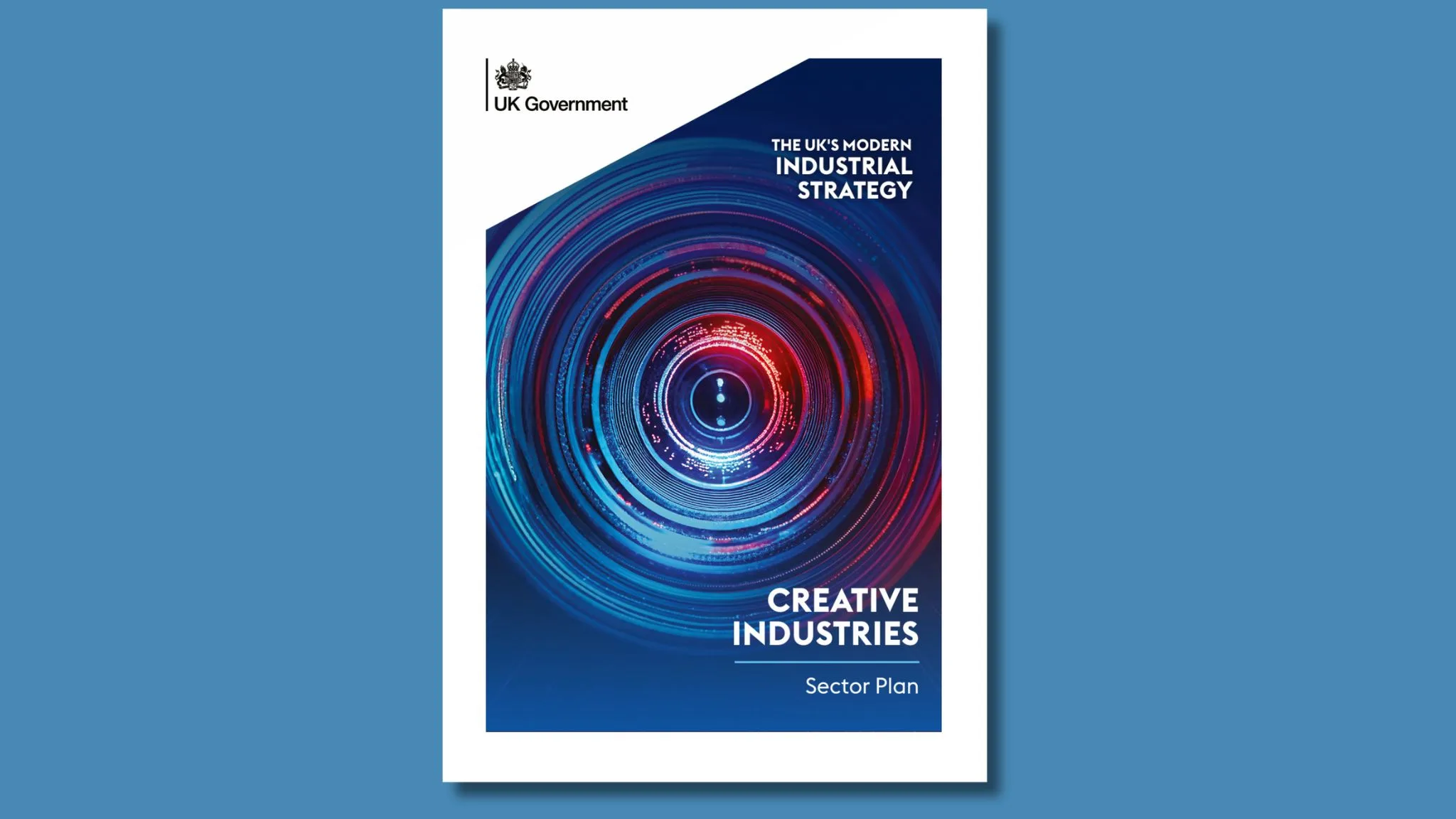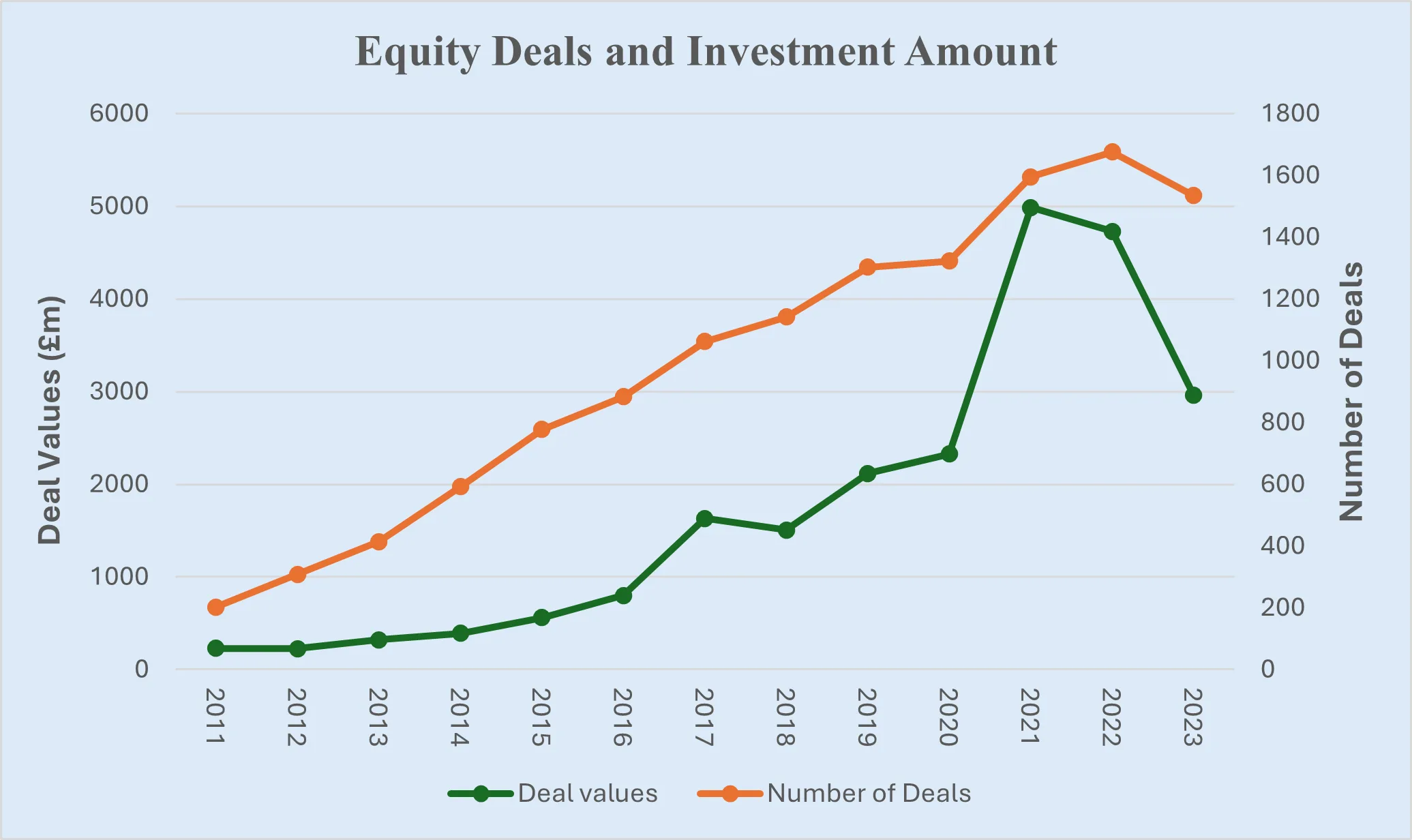In a tough economic climate for cinemas and where there is limited public funding, it is important to calculate their economic value more fully and it is incumbent on policymakers responsible for public investment to take note. Cinemas are amongst the most widely accessed and enjoyed cultural venues in the country. Sixty percent of UK adults attended the cinema at least once in 2022, and the phenomenal successes of Barbie and Oppenheimer have shown at times how cinemas play to jam-packed audiences. However, overall attendances have not fully recovered since the pandemic lockdown. Last year’s 117 million admissions were still 33% behind a pre-pandemic 2019 with 176 million admissions.
It is against this backdrop that the Creative PEC and the BFI came together to commission new economic analysis to understand more fully the value of UK cinema venues. The new report ‘Measuring the economic value of cinema venues’ finds that cinema users value their cinema to such an extent that, when hypothetically faced by the scenario that the cinema in question would have to close permanently, they would be willing to pay on average an annual amount of £18 just to ensure its continued existence. Against a backdrop of a cost-of-living crisis this is a striking finding. For the first time, the analysis captures the ‘non-market benefits’ of cinema – the value that cinema users place on cinema venues over and above the value of films they pay to watch. The study uses valuation techniques drawn from public economics, which seek to express value in money-metric terms.
The willingness to pay estimates in the study – undertaken by Ipsos in partnership with Nordicity and the Bennett Institute at Cambridge University – imply that cinemas which align with one of the three groups considered by the study generate at least £600k of additional economic social value a year each, a previously unmeasured economic benefit as valued directly by the public. This is in addition to the £1.18m per year of market value that was already known to be generated per year by a cinema on average through ticket and other sales and memberships, and in addition to the as-yet uncalculated figure of ‘add-on’ economic benefits. The majority of respondents surveyed said they usually eat or drink at a different venue as part of their cinema visit, and 53% said they go shopping as part of a typical cinema trip.
The study focussed on six cinemas in a range of locations, falling into three distinct groups: cinemas that show over 50% non-mainstream films (‘diverse programming’), cinemas in areas which have low cultural offers (‘cold spots’) and cinemas that provide additional experiences e.g. a café/bar/restaurant/workspace (‘social hubs’). Based on a survey of over 2,000 cinema-users they would be willing to pay on average £18 – over twice the cost of an average cinema ticket – in an annual donation just to keep the cinema in question operating.
Cinemas in the UK offer a range of activities in addition to showing mainstream films, including showing independent and world cinema foreign language films. Many provide screenings for specific groups such as older people (eg Silver Screenings), parents (eg Parent and Baby Screenings), people with disabilities (e.g. Autism-friendly, audio description screenings for people who are deaf or experiencing hearing loss), foreign language film interest groups, e.g. Hindi language films, and educational activities. In addition, some cinemas provide community spaces that are part of the cinema for viewing performance (e.g. comedy) or social participation (e.g. film quizzes or open mike nights), or provide spaces to host community activity, e.g. self-help groups, coffee mornings, charity events, or provide places for people to work or study.
Across all cinema venue types, people were willing to pay an annual amount to ensure their continued existence. This demonstrates the huge importance of these cultural and community assets.
The positive and significant willingness-to-pay for ‘cold-spot’ cinemas is extremely important to note; if these cinema venues were to close due to financial pressures it would significantly reduce valuable cultural provision to communities across the UK as well as impacting other local businesses and depleting the attractiveness of that area as a place to live.
Following the 2021 Arts Council England report Culture and High Streets, which found that “Culture is a vital ingredient for successful high streets” and that “cinemas, museums, theatres, libraries, music venues and art galleries all make some people more likely” to visit town centres, the data in this study reinforces the key idea that cinemas can play an important part in revitalising and sustaining our communities, towns and highstreets.
This important, first of its kind study, grows the evidence base on the value of the UK’s cultural and heritage assets. Aside from the obvious challenges in placing monetary values on complex assets such as our theatres, museums and cinemas, a key strength of the economic approach is that it allows the benefits of investment to be compared in the same units as costs. It is not a coincidence therefore that economic valuation techniques, when applied with due care and attention, are accredited by HM Treasury for use in cost-benefit analysis when government departments appraise investment decisions.
The Creative Industries Policy and Evidence Centre (Creative PEC) is funded by the Arts and Humanities Research Council.
Download the report: Measuring the economic value of cinema venues
Related Blogs
Taking stock of the Creative Industries Sector Plan
We summarise some of the key sector-wide announcements from the Creative Industries Sector Plan.
Why higher education matters to the arts, culture and heritage sectors
Professor Dave O’Brien, Professor of Cultural and Creative Industries at University of Manches…
What does the 2025 Spending Review mean for the creative industries?
A read out from Creative PEC Bernard Hay and Emily Hopkins On Wednesday 11th June the UK Government …
Bridging the Imagination Deficit
The Equity Gap in Britain’s Creative Industries[1]. by Professor Nick Wilson The creative industries…
Why accredited qualifications matter in journalism
Journalism occupations are included on the DCMS’s list of Creative Occupations and, numbering around…
All Together Now?
Co-location of the Creative Industries with Other Industrial Strategy Priority Sectors Dr Josh Siepe…
The Mahakumbh Mela, India, 2025
The festival economy: A Priceless Moment in Time Worth GBP 280 Billion in Trade Jairaj Mashru looks …
Class inequalities in film funding
Professor Dave O’Brien, University of Manchester, Dr Peter Campbell, University of Liverpool and Dr …
Creative self-employed workforce in England and Wales
Dr Ruoxi Wang, University of Sheffield and Bernard Hay, Head of Policy at Creative PEC Self-employed…
What just happened to funding for culture in Scotland?
First the facts: Creative Scotland announced the outcome of its new Multi-Year Funding Programme on …
Copyright and AI – a new AI Intellectual Property Right for composers, authors and artists
Background The new technology landscape emerging from the super rapid progress in developing AI, Gen…












